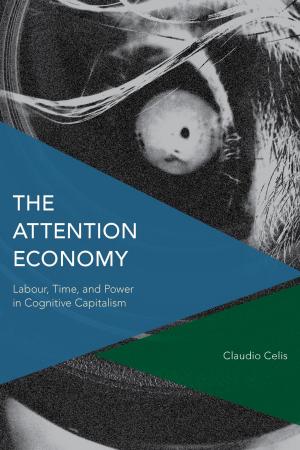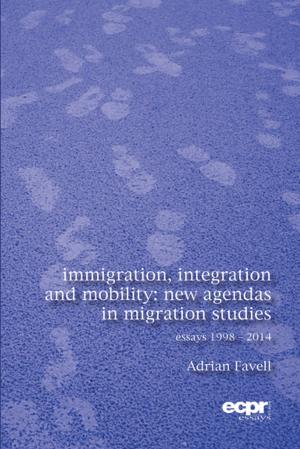Far Right Parties and Euroscepticism
Patterns of Opposition
Nonfiction, Social & Cultural Studies, Political Science, International, Foreign Legal Systems| Author: | Sofia Vasilopoulou | ISBN: | 9781786605269 |
| Publisher: | Rowman & Littlefield International | Publication: | December 28, 2017 |
| Imprint: | ECPR Press | Language: | English |
| Author: | Sofia Vasilopoulou |
| ISBN: | 9781786605269 |
| Publisher: | Rowman & Littlefield International |
| Publication: | December 28, 2017 |
| Imprint: | ECPR Press |
| Language: | English |
Why do parties that belong to the same party family address the EU question differently? This book addresses this question through a systematic analysis of the EU positions of far right parties in Europe.
Starting from the assumption that far right parties are rational actors, the book argues that the way in which they may interpret structural incentives depends on their relationship with democracy, their attitude towards the polity, their target electorate/social basis, and their behaviour towards competitors. Classification on these indicators leads to the identification of three far right party models: anti-system, anti-liberal, and normalised.
Given that the EU is a core issue in far right parties’ toolkit, it becomes a key policy in party competition. Anti-system far right parties tend to opt for a rejectionist position on the EU; anti-liberal far right parties tend to be conditional Eurosceptics; and normalised far right parties tend to adopt a compromising position on the EU. The specific Eurosceptic frame that parties may prioritise depends on the domestic political context and how they may perceive national identity.
This book’s findings are relevant in light of Europe’s political and economic crises, and rising public support for Eurosceptic ideas and far right parties.
Why do parties that belong to the same party family address the EU question differently? This book addresses this question through a systematic analysis of the EU positions of far right parties in Europe.
Starting from the assumption that far right parties are rational actors, the book argues that the way in which they may interpret structural incentives depends on their relationship with democracy, their attitude towards the polity, their target electorate/social basis, and their behaviour towards competitors. Classification on these indicators leads to the identification of three far right party models: anti-system, anti-liberal, and normalised.
Given that the EU is a core issue in far right parties’ toolkit, it becomes a key policy in party competition. Anti-system far right parties tend to opt for a rejectionist position on the EU; anti-liberal far right parties tend to be conditional Eurosceptics; and normalised far right parties tend to adopt a compromising position on the EU. The specific Eurosceptic frame that parties may prioritise depends on the domestic political context and how they may perceive national identity.
This book’s findings are relevant in light of Europe’s political and economic crises, and rising public support for Eurosceptic ideas and far right parties.















